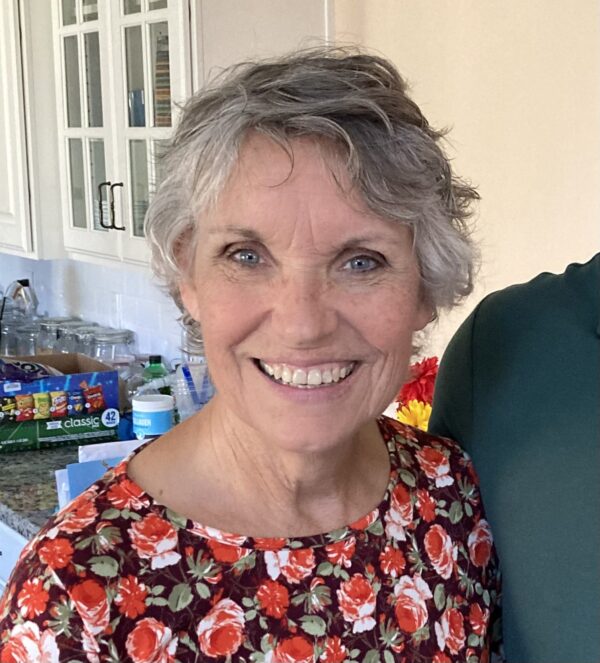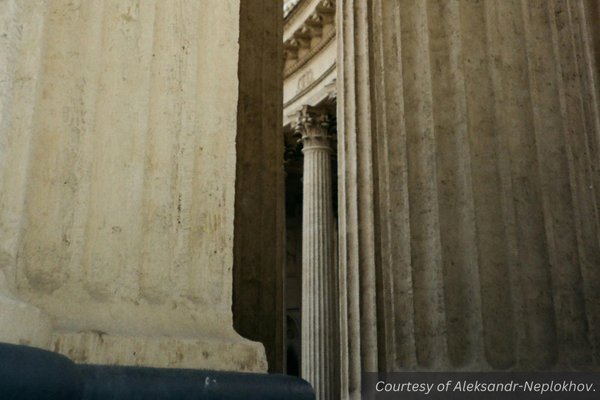One part of The Byway’s mission has been to promote civil discourse, the practice of deliberating about matters of public concern in a way that seeks to expand knowledge and promote understanding. Growing up in a conservative city (elsewhere) among friends and acquaintances who viewed life the same as my family, I wasn’t exposed to alternative views, diverse opinions, or other perspectives. I didn’t know people avoided certain topics of conversation in certain company.
When I became an adult and joined a diverse book group composed of women from every economic stratum, aged 23 to 72, with various political persuasions and religious beliefs, I found it incredibly stimulating! Wow! I’ve read books and considered ideas I’d never been exposed to; these women had such unique perspectives!
Because of their acceptance of me, I openly shared my ideas and opinions and respected them when they differed. I hadn’t developed a sense or talent for avoiding sensitive topics that could become tense.
Expecting some exchange of ideas, I sent a group email to some acquaintances about my feelings on child immunizations with an attached article supporting my view. One of them wrote back, “If you want to have any friends, you shouldn’t write these kinds of emails.” Shocked, I responded to her, “I don’t need people to agree with me to be my friend.”
Last week, my husband and I joined some friends for dinner at a restaurant. We arrived later than everyone else and they were busily chatting. While my husband visited the restroom, I sat down. The first thing I asked was, “Did you get to watch the inauguration?” My friend across the table looked stunned. His eyes were ablaze with caution, and he shook his head back and forth as though it were vibrating. Puzzled, I searched my mind for something to say.
I gave the waitress my order then left for the restroom. While I was gone, Reed came in and sat down. The first thing he said was, “How did you like the inauguration?” This time, a different friend tightly pursed her lips and drew her hand across her mouth as though zipping it shut.
When I returned, everyone was dancing around the obvious topic of the inauguration earlier that day, happily visiting about everything but … . I enjoyed these people, but it felt a little fake. I missed my book club, where our diversity has enriched the experience. I missed being able to openly converse about a topic and enjoy the friendly debate of differing ideas. I wish our friends had practiced the art of being able to ‘deliberate about matters of public concern in a way that seeks to expand knowledge and promote understanding.’ As it stands, I have no idea how our friends feel and why they feel that way.
Even though we may disagree, I want to be able to converse freely without fear of judgment or condemnation. This type of exchange can strengthen relationships and stimulate the potential for further dialogue rather than muting conversations just because they may differ. If nothing else, we can agree to disagree rather than agree to be disagreeable.
– by Karen Munson
Feature image caption: Civil discourse, or the practice of deliberating about matters of public concern in a way that seeks to expand knowledge and promote understanding, is a pillar of our society. We cannot stand without it.

Karen M. Munson – Escalante
Karen is an associate editor at The Byway. She is fascinated and fulfilled by all things involved with writing. After graduating from BYU, she taught English at Escalante High School for three years. She pursues opportunities to write and support others in their writing. Karen has published three books with four more scheduled to be released in 2024. She and Reed are the parents of ten children and the grandparents of 35 grandchildren.
Karen is the author of the New Twist on Mental Health column in The Byway.

